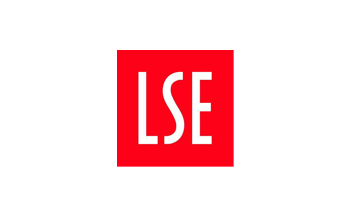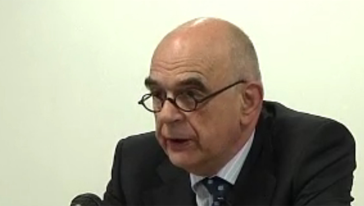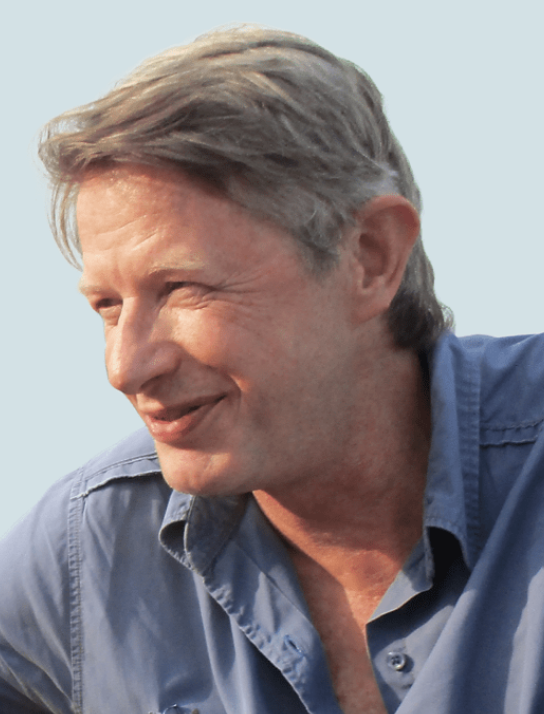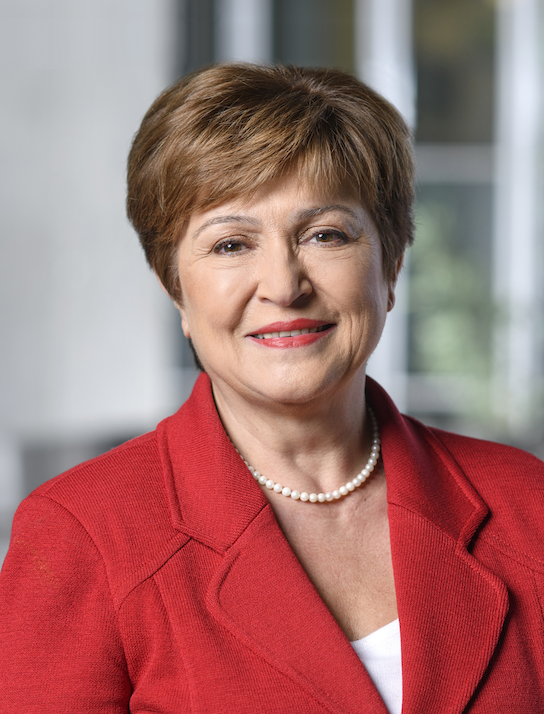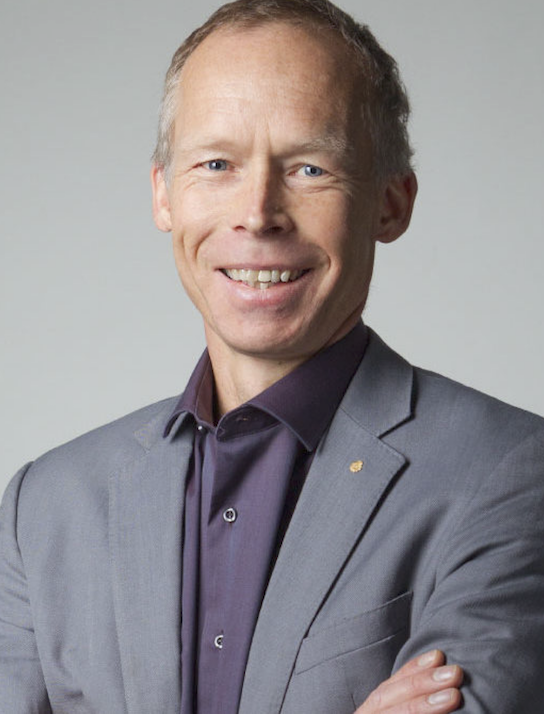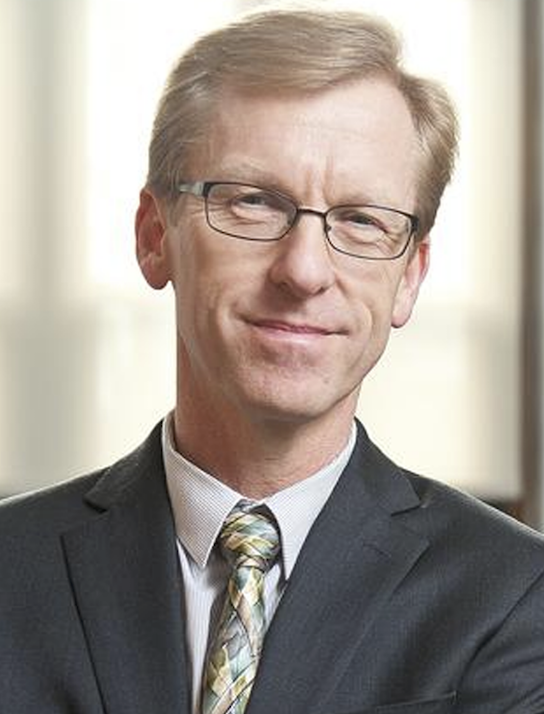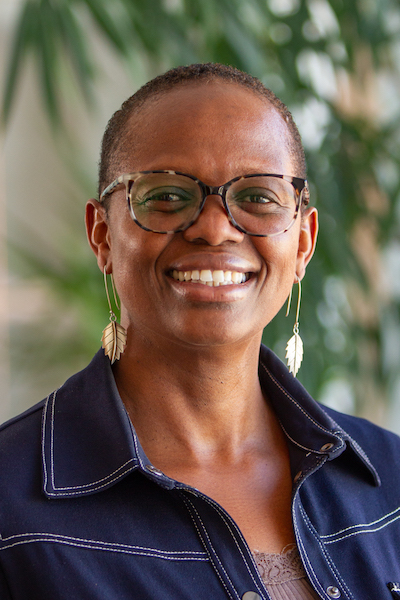During his lecture, Emeritus Professor Jan Pronk touched upon key issues of the current and future international system from an interesting perspective laying at the intersection between international relations and international development.
Jan Pronk opened his lecture by reminding the audience of the core message of a lecture held by Kapuscinski at the University of Krakow in 2004. In that occasion Kapuscinski regarded as a crucial issue the respect of the dignity of each human being, regardless cultural differences and engaging oneself in dialogue, aiming at mutual understanding and a sense of togetherness; the respect, in short, of The Other.
This plea made by Kapuscinski in 2004, Jan Pronk suggests, is key to understand current threats and to tackle future ones. Indeed, international institutions inspired to dialogue and mutual understanding are crucial to uphold those global values that Kapuscinski identified.
Professor Pronk recalled the international system that was created after the second World War. From that new order, a era of globalisation that spread beyond economy and technology reaching the realm of values and institutions began. Professor Pronk recalled six key objectives that stood among the others: peace, security, stability, development, freedom and protection of human rights. These ambitious objectives could only be reached by relying on an integrated system, the United Nations.
Globalisation grew to maturity, Professor Pronk suggested, in 1989 when the divisions between North and South and between East and West started fading resulting in a real world market, enhanced possibility for movement of goods, people and technology as well as knowledge and ideas. It is after 1989 that, according to Professor Pronk, the sky became the limit.
Nonetheless, Jan Pronk warned that despite steady economic growth has been occurring since the 1990s, poverty has hardly decreased and globalisation enhanced inequality among countries and regions and the objectives set by the Millennium Development Goals at the beginning of the XXI century will not be met by 2015. The last two decades have witnessed conflicts in many regions of the world, spread of international terrorism, the arising of a new confrontational scenario between the West and the rest and more and more pressing environmental threats. The recent financial crisis contributed to make the landscape even more alarming. In other words, Professor Pronk suggests, the sky, although being still the limit, is rather cloudy.
What has been lost, according to Jan Pronk, is the spirit that drove the change in the mid-XX century, i.e. consensus on global values and international institutions able to enforce those values. International institutions are becoming weaker mainly due to a shift in the perception of security which is no longer regarded as a public good but rather as a private commodity. Security has nowadays become something that can only be achieved by excluding The Other.
How to revert this trend? This can only be achieved by a strong reassessment of values and reform of international institutions. This should be done not only in the interest of ourselves, but also in the interest of The other, that should be regarded as the humankind as a whole, bringing together, as suggested by Joseph Conrad, “the dead and the living and the living with the yet unborn”.
